Italian Energy Communities: Powered by Tradition, Heritage, and Solidarity
October 3 - 2024
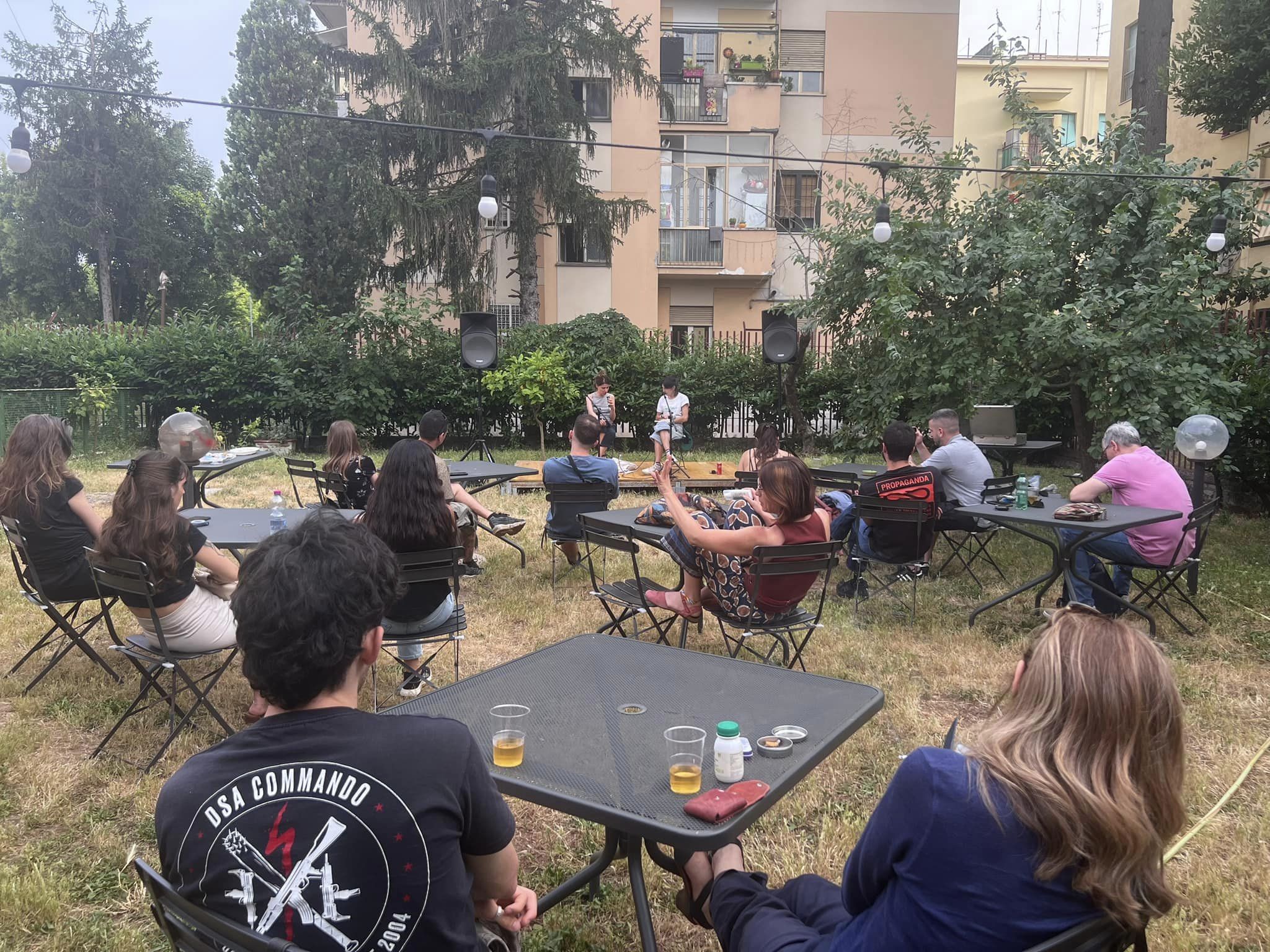
While the European energy community model is based on EU directives, each country interprets it differently. This variation is particularly evident in Italy, where the socially active Quarticciolo neighborhood in Rome serves as both a pilot and partner in the Energy4All project. This raises a compelling question: What makes Italian energy communities stand out as truly unique?
Italy’s model of energy communities stems from the European framework but is deeply influenced by its rich cultural identity and strong sense of community. Italian regions, cities, and even small villages are defined by historical values and traditions that have been passed down through generations. This cultural continuity fosters a sense of belonging, pride, and solidarity, creating tight-knit communities where mutual support is second nature.
However, Italy also faces significant social challenges, particularly in its economically disadvantaged regions. Social deprivation, especially in the south, includes high poverty levels, energy poverty, and social exclusion, particularly among vulnerable groups like the elderly, migrants, and unemployed youth. In this context, energy communities in Italy are not just about reducing energy costs—they are about addressing broader issues of social inequality and exclusion.
In Italy, an energy community cannot thrive without first having a strong foundation of social cohesion. The community must come first, with shared values and solidarity paving the way for collective action. Only then can the transition to renewable energy be seamlessly integrated. This is what distinguishes Italian energy communities: a deep emotional connection intertwined with cultural identity and mutual support.
For Italians, renewable energy projects go beyond technical solutions to economic and social issues. They represent a shared identity and collective progress. This emotional investment makes the adoption of energy communities easier, as they naturally align with the collaborative spirit and existing community engagement. Italian residents are often actively involved in local decision-making, feeling empowered to implement sustainable solutions that benefit their entire neighborhood.
Quarticciolo, as the Italian pilot in the Energy4All project, is a prime example of this dynamic. This neighborhood embodies the very essence of community-led initiatives, where local identity and heritage serve as the foundation for building an energy community. Quarticciolo’s history of social deprivation and housing struggles has fostered a strong sense of solidarity and a unique cultural identity. Whether it’s the production of local beer branded “Made in Quarticciolo” or the tradition of boxing, which has become a cultural hallmark, these activities have laid the groundwork for a deeply connected and resilient community.
These shared experiences and values have created the perfect conditions for the development of an energy community. Quarticciolo’s transformation from a heritage-based community to an emerging energy community demonstrates how cultural roots can provide a solid foundation for inclusive, participative decision-making. This participatory approach is essential for the success of energy communities, ensuring that all members are involved and empowered in shaping their energy future.
In conclusion, the combination of regulatory frameworks, cultural factors, and Italy’s unique social and economic landscape creates a distinct model of energy communities. Rooted in local identity and traditions, Italian energy communities reflect the country’s long-standing tradition of belonging and solidarity. For Italy, this represents an ideal formula for the creation of energy communities, as envisioned by the European legislator, where collective action is driven by both necessity and a deep sense of cultural continuity.
Photos: Quarticciolo Ribelle, Eutropian
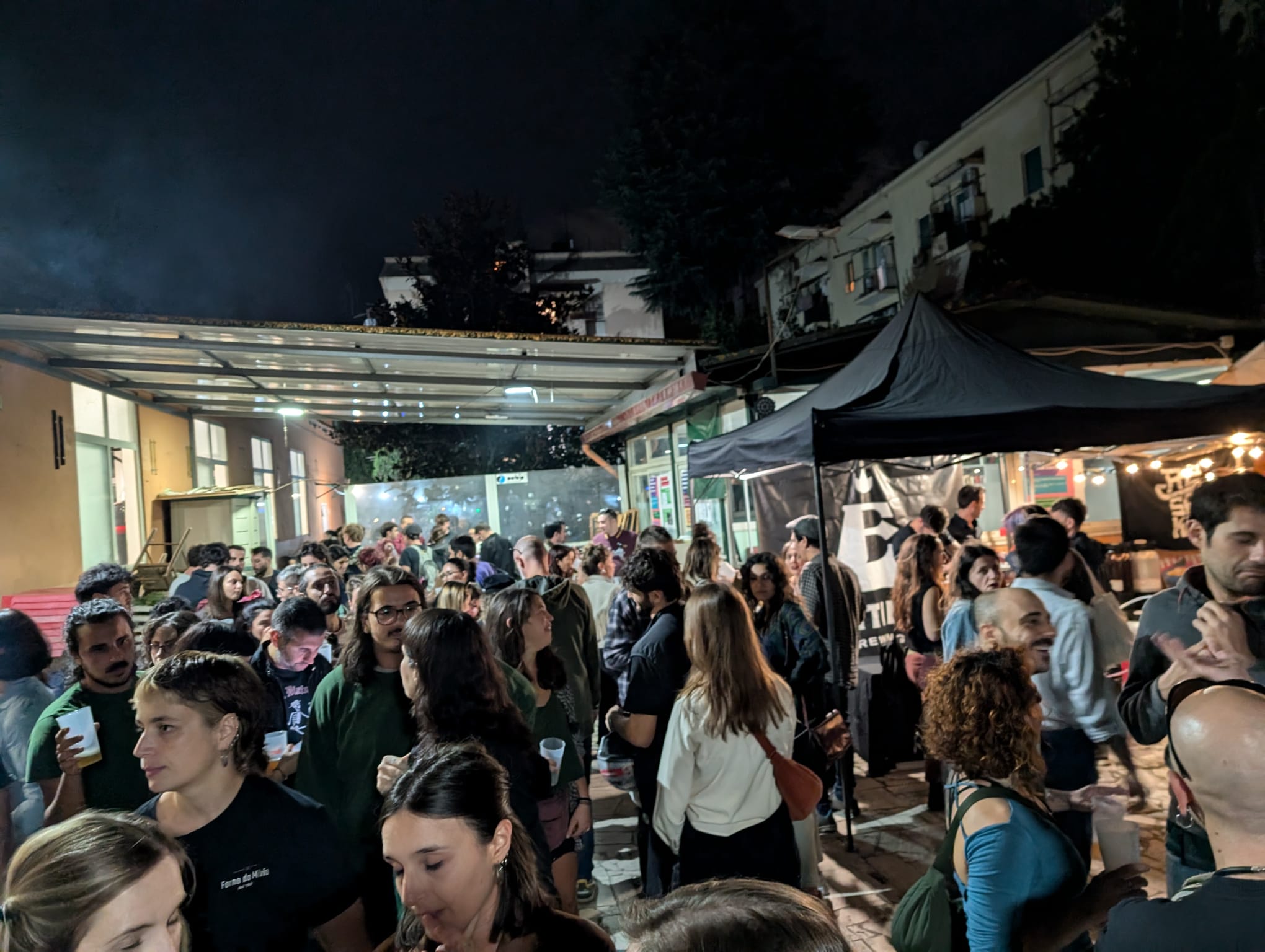
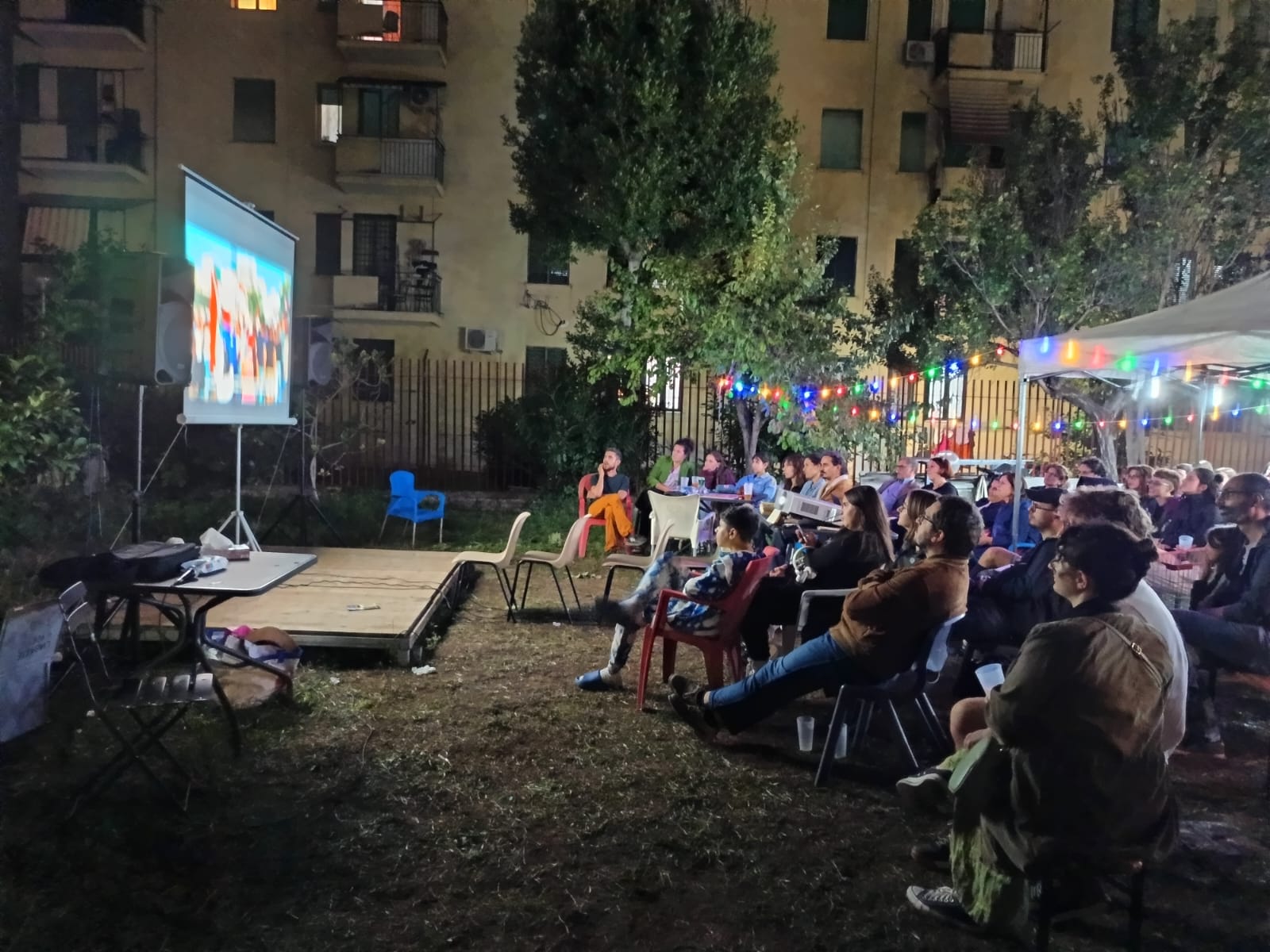
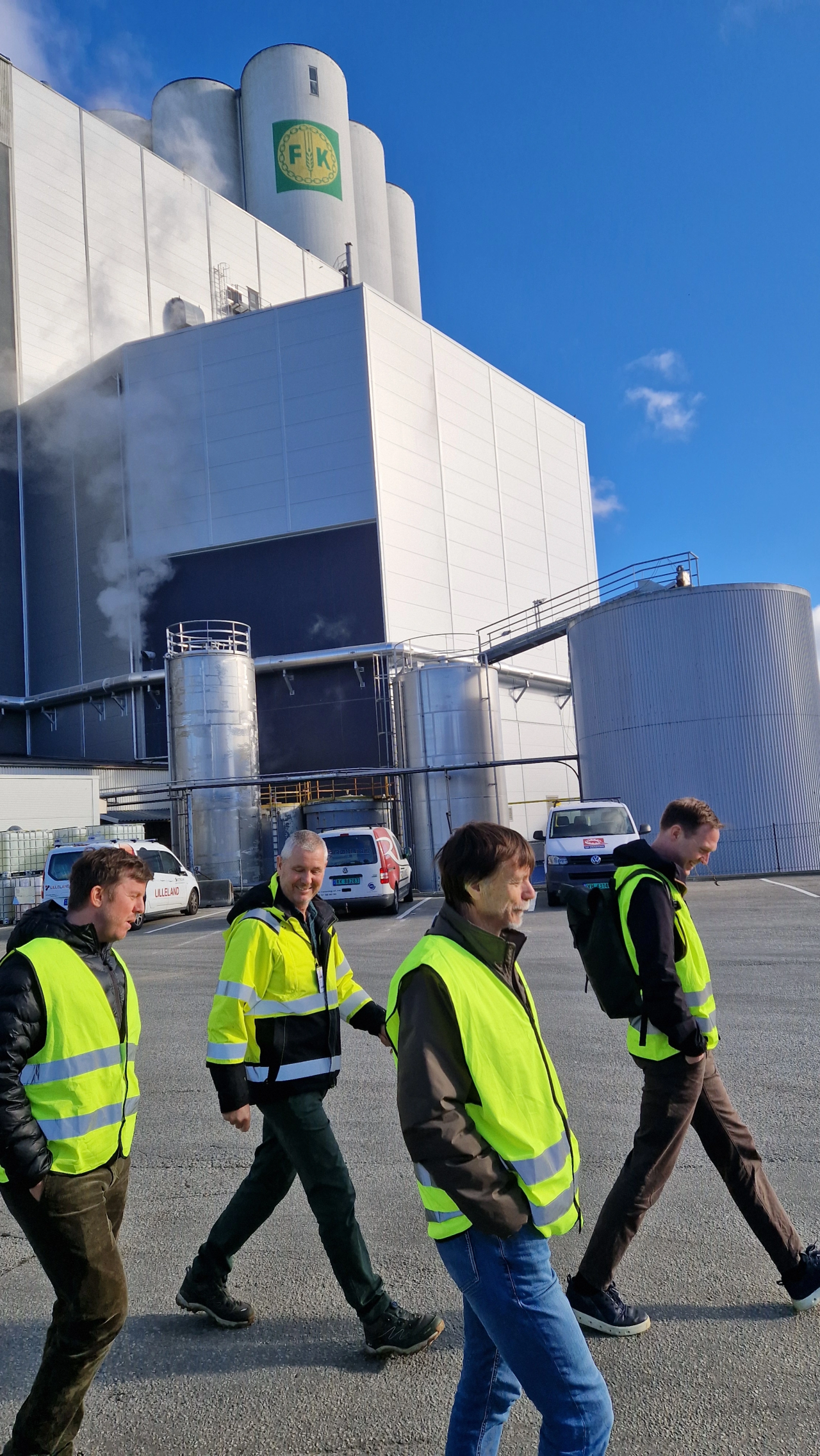
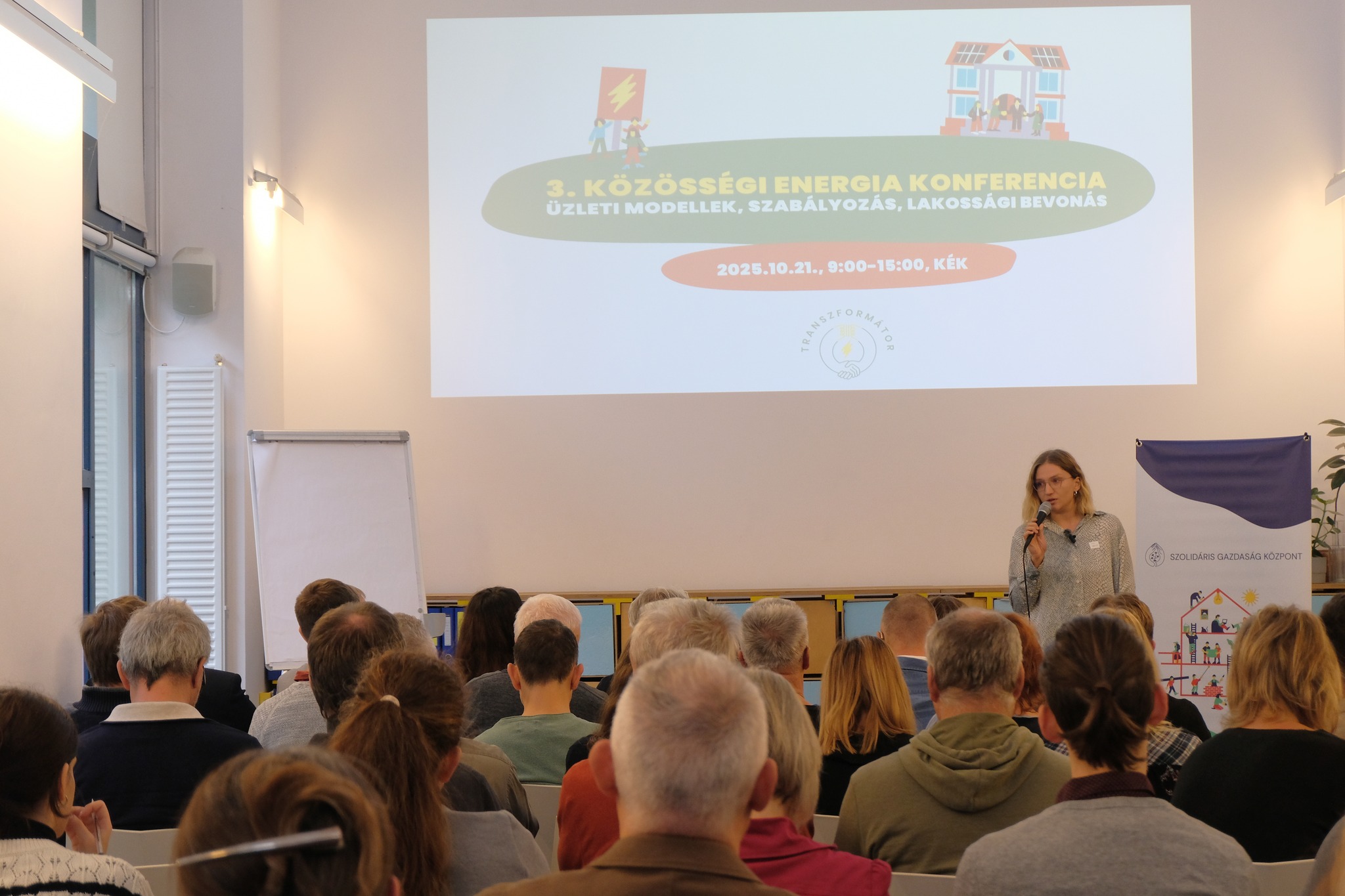
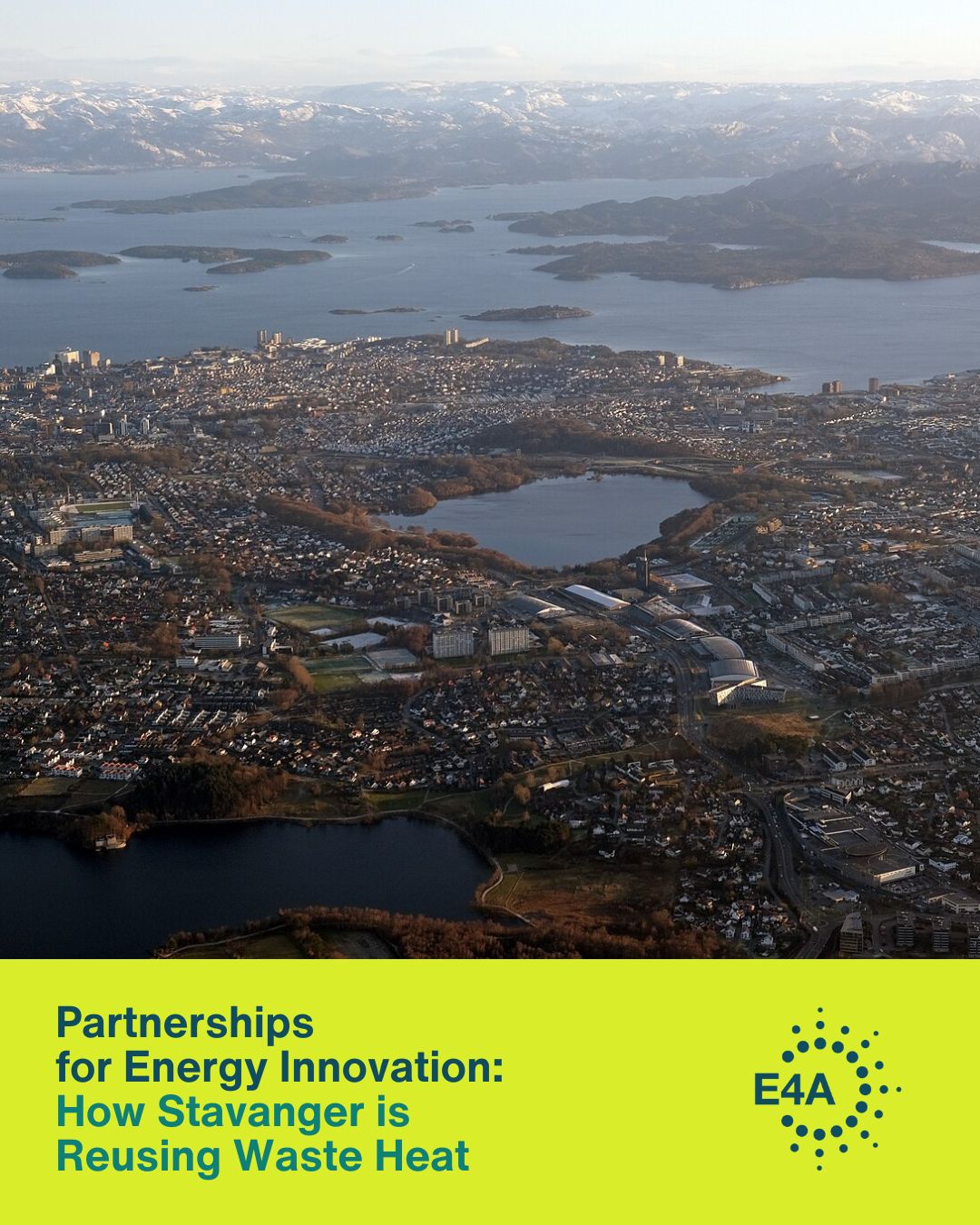


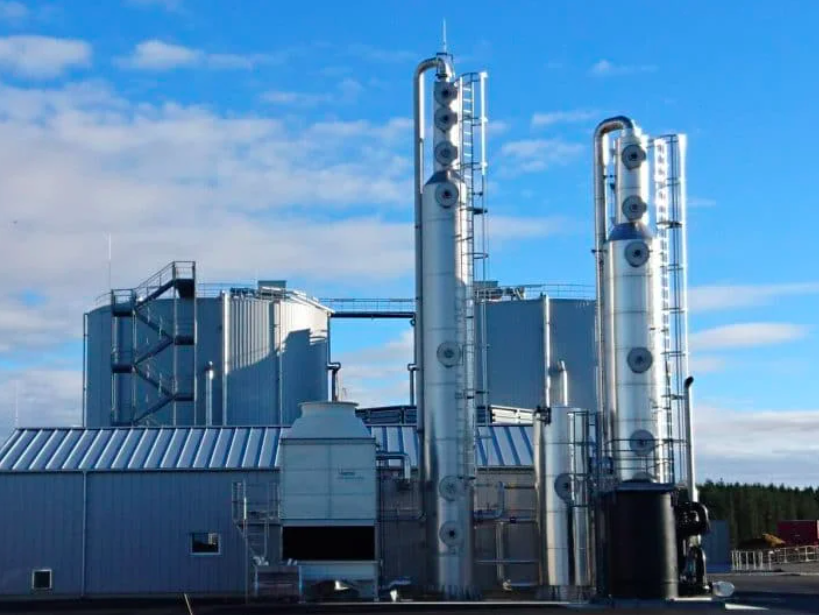



Share on